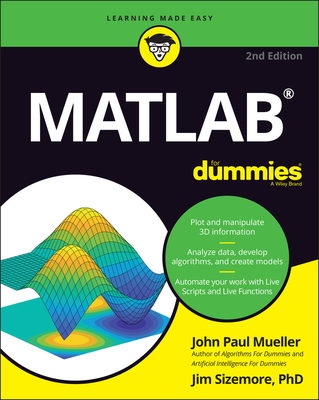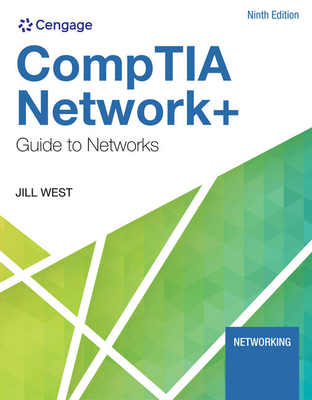AAUCMF 10.5: Advanced Administration of UC Manager and Features Training
|
We offer private customized training for groups of 3 or more attendees.
|
||
Course Description |
||
| Advanced Administration for Unified Communications Manager and Features
9.x (AAUCMF) is a 5-day instructor led course that is intended for
experienced unified communications administrators who need in-depth
knowledge of Cisco Unified Communications Manager advanced features,
services, and troubleshooting. This course is intended to be a follow-on
course to ACUCM+AUC, and combines elements from off-the-shelf courses
CVOICE, ICOMM, CIPT 2 and TVOICE as well as additional material
developed exclusively by Sunset Learning Institute. The class utilizes
Cisco Unified Communications Manager 9.x, and will employ the North
American Numbering Plan (NANP). Both SCCP and SIP phones are
implemented, as well as both H.323 and SIP gateways.
Course Length: 5 Days
Course Tuition: $3290 (US) |
||
Prerequisites |
|
| To fully benefit from this course, students should have the following prerequisite skills and knowledge: CCNA Voice or equivalent knowledge ACUCM+AUC and additional field experience | |
Course Outline |
|
Module 1
Module 2 Labs
Module 3 Labs:
Module 4 Labs:
Module 5 Labs:
Optional Additional Labs:
|
Course Directory [training on all levels]
Technical Training Courses
Software engineer/architect, System Admin ... Welcome!
- .NET Classes
- Agile/Scrum Classes
- AI Classes
- Ajax Classes
- Android and iPhone Programming Classes
- Blaze Advisor Classes
- C Programming Classes
- C# Programming Classes
- C++ Programming Classes
- Cisco Classes
- Cloud Classes
- CompTIA Classes
- Crystal Reports Classes
- Design Patterns Classes
- DevOps Classes
- Foundations of Web Design & Web Authoring Classes
- Git, Jira, Wicket, Gradle, Tableau Classes
- IBM Classes
- Java Programming Classes
- JBoss Administration Classes
- JUnit, TDD, CPTC, Web Penetration Classes
- Linux Unix Classes
- Machine Learning Classes
- Microsoft Classes
- Microsoft Development Classes
- Microsoft SQL Server Classes
- Microsoft Team Foundation Server Classes
- Microsoft Windows Server Classes
- Oracle, MySQL, Cassandra, Hadoop Database Classes
- Perl Programming Classes
- Python Programming Classes
- Ruby Programming Classes
- Security Classes
- SharePoint Classes
- SOA Classes
- Tcl, Awk, Bash, Shell Classes
- UML Classes
- VMWare Classes
- Web Development Classes
- Web Services Classes
- Weblogic Administration Classes
- XML Classes
Business Training Courses
Project Managers, Business Analysts, Paralegals ... Welcome!
Upcoming Classes
Gain insight and ideas from students with different perspectives and experiences.
- VMware vSphere 8.0 Skill Up
18 August, 2025 - 22 August, 2025 - ASP.NET Core MVC (VS2022)
7 July, 2025 - 8 July, 2025 - RED HAT ENTERPRISE LINUX SYSTEMS ADMIN II
18 August, 2025 - 21 August, 2025 - RED HAT ENTERPRISE LINUX AUTOMATION WITH ANSIBLE
15 September, 2025 - 18 September, 2025 - RED HAT ENTERPRISE LINUX SYSTEMS ADMIN I
19 May, 2025 - 23 May, 2025 - See our complete public course listing






